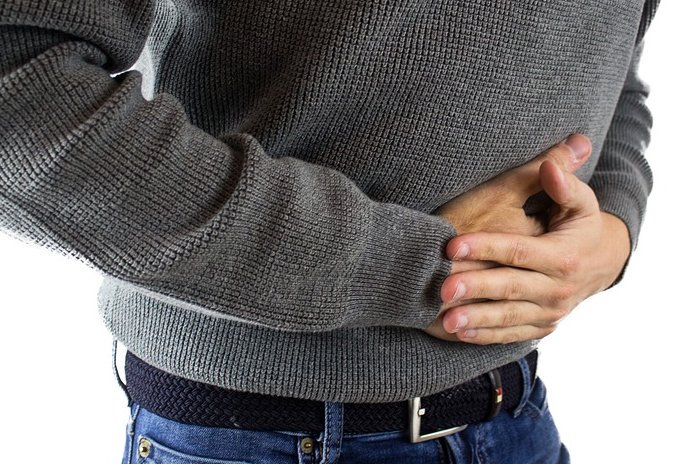Often children complain about their tummy hurting a little too much and a little too often. We tend to ignore these complaints by considering that they are making the usual tantrums to avoid school. But this could be one of the main symptoms of a worm infection. One of the leading causes of stomach ache in children is intestinal infection. This is mostly caused by intestinal parasites such as worms in the body. Worms tend to live in the intestine and feed off your child’s nutrition and make them sick.
Types of Worm Infections
There are so many species in this world. These parasites, which take your child’s intestine as a host, also come in various forms, shapes, and sizes. Below are most common types of worm infections that trouble children:
- Tapeworms: These are flat, ribbon-like worms that can grow up to 15-30 ft and thrive in the intestine
- Roundworms: They resemble earthworms and can grow up to the size of 30-35 cm
- Pinworms or thread-worms: As the name suggests, thread-worms appear to be fine white cottony threads and live in the intestine and around the anus of the individual
- Hookworms: These are commonly contracted through coming in touch with the contaminated soil and later enter the intestine
Symptoms of Worm Infections in Children
Apart from a usual stomach ache, irritation and gradual weight loss, worm infection can be denoted by following signs:
Tapeworm Infection
- Nausea
- Vomiting
- Loss of appetite
- Sometimes eating too frequently
- Weight loss
- Malnutrition may also occur
- Jaundice: most common in tapeworm infections
Thread-worm Infection
- Itching around anus
- Thread-worms creep out during the night and lay eggs near the anus
- This can trigger itching
- Trouble sleeping (due to itching)
- Painful urination: this is typical in thread-worm infestation
Roundworm Infection
- Diarrhea- Passing worms with stools
- If roundworm infection continues, mature worms may be passed out from stools
- A fever and dry cough
- Spotted within 4-16 days after coming in contact with the roundworm eggs
Hookworm Infection
- Coughing
- Wheezing
- Such respiratory troubles may crop up when the hookworm larvae attack lungs
- Anemia
- Fatigue
You may also observe that there is bed wetting, blood in stools in your child if he is suffering from an intestinal worm infection.
What are the Causes of Worm Infections?
As children are quite messy and active, they tend to come in contact with germs and infections easily. Some of the causes of worm infections include:
- Coming in contact with an infected surface.
- Soil containing eggs or germs at a playground or touching pets infected with worms
- Consuming infected food or water
- Improper hygiene habits
- Not washing hands properly
What is the required Treatment for Worm infection?
Worm infestations and related infections are common in children and are also easily treated. Your doctor will diagnose the infection after the examination and would be able to tell you what you are required to do in your situation.
- Your doctor will prescribe a course of anti-parasitic medicines.
- Anti-worm or deworming medicines are also available at the pharmacy or over-the-counter.
- It is advisable to seek professional advice from a doctor.
- Follow good hygiene practices along with medication forquickr and effective recovery.
- Each infection is different, which is why each worm infection must be treated in their own specific way
We understand that worm infection can meddle with your child’s health and daily life, even affect their activities and for a child, there is nothing sadder than not being able to play around and enjoy like the other kids. Meet a doctor who specializes in handling children and follow the instructions they ask you to get along with and your child might pick up his health slowly.



